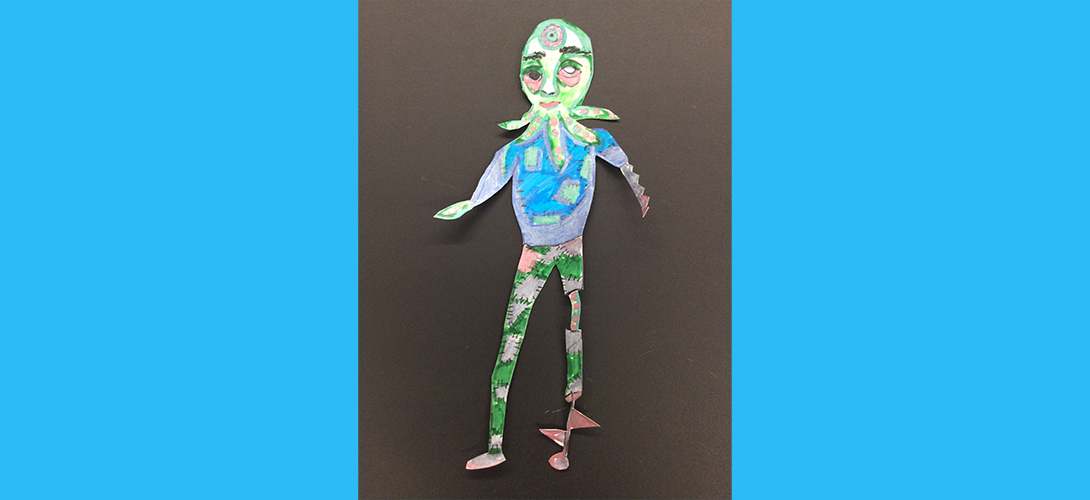The existential-pedagogical grammar of imagination – Research – Department of Teacher Education
The existential-pedagogical grammar of imagination
An existential phenomenological study of middle school pupils' encounters with artists' teaching in creating stories.

Project periode
2024-2027
Funding
4 years / Via University College
Research group
About the project
Imagination, shaped and shaping human perceptions, is in many ways our most human ability and plays a crucial role in human becoming. For in imagination, we place something before us to which we relate, and when we relate to what we imagine, we simultaneously relate to ourselves, thus setting our existence in motion (Grøn, 2019; Kierkegaard, 2006). At the same time, imagination is an ability within educational research and pedagogy linked to an undeniable positive value. A value tied to the notion that imagination is a fundamental learning resource (Paixão & Borges, 2019).
However, the potential of imagination in relation to pupils' movements of existence in school is little researched, and this project examines pupils' use of imagination from a perspective other than the learning-focused one. The project will therefore examine the movements of existence that become visible when middle school pupils encounter artists' teaching on how to use imagination in various ways when creating their own stories. By focusing on artists' teaching and art pedagogy in school, it is possible to investigate a different, open, and unpredictable classroom that can both create knowledge about new teaching methods and new knowledge about how to justify the value of teaching within the teaching profession (Chemi, 2014; Baldacchino & Biesta, 2017).
The project is a short-term ethnographic study with video observations and interviews, combined with an exemplary method (Bjerre, 2016; Kampmann, 2017; Musaeus, 2012; Rønholt et al., 2003). A methodological approach where video technology is used in data collection to generate a large amount of data in a short time, and in data analysis, the material is condensed by presenting concrete and exemplary vignettes that can be generalized.
PhD student
Jacob Noer, PhD student, VIA University College
Supervisors
- Martin Blok Johansen, supervisor, Docent, Via University College
- Ola Harstad, co-supervisor, Associate Professor, NTNU
